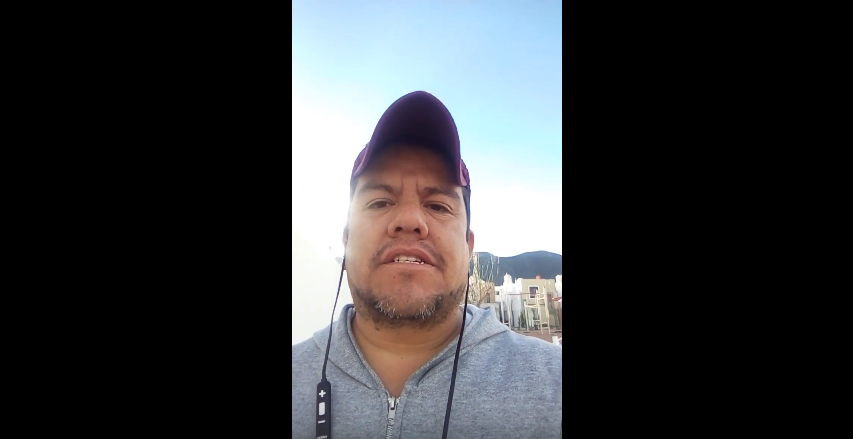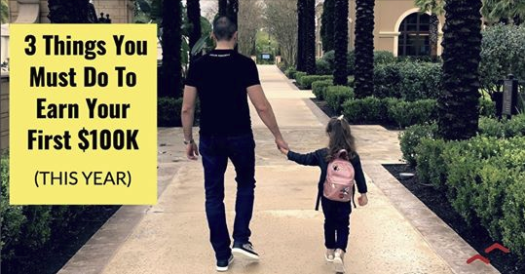SEO… What it is and 15 Tips on how to monetize it…
- Written by Michael Bass
Today I will be giving you a little information on how beneficial SEO is for a successful business online. Search engine marketing is an investment that pays off in every business. It helps businesses reach out to it’s target market. Google processes trillions of searches each and every year and it grows even more as time progresses. So I ask you, why not put SEO techniques in place to get you ranked and be viewed on search engines?
Now let me explain a little about what SEO really is. SEO stands for Search Engine Optimization. It is the process that helps increase the online customer base naturally. Natural searches bring out the best suitable results as described by the search queue. Here is a picture of how much click distribution was actually generated via Natural clicks vs Paid Advertising in a survey that was done by Neo Mamalian Studios.
Please don’t take this the wrong way. Paid Advertising is a good resource to use and is totally scalable but for this post I’m talking about the benefits of using SEO to get traffic to your website. Everyone could use some good search engine optimization tips. SEO is an ever-changing process, so you have to be up to date with all the algorithm updates and best techniques.
Here are 15 Tips on SEO.
1.) Results will not come overnight:
SEO is game of patience to be played between you and Google. Optimizing a website for higher rankings takes time, and results usually come after a few weeks or even months of work. A very common mistake among beginners is that they expect to see results in the first few days, and get discouraged when nothing happens. If you follow the best SEO practices and be patient then you will see results in time.
2.) Don’t over optimize:
Over optimization is something you absolutely must avoid. Don’t do keyword stuffing or building links using the same anchor text. Google will penalize any website that doesn’t look natural.
3.) Publish quality content:
Your content is the most important part of your website. Without quality content, it is totally impossible to rank high in Google. Your posts must be well-written and provide real value to your readers. Google gives higher ranking or credit to longer articles and posts that get a lot of engagement, like comments, for example. Do your best to engage your readers and make them share their thoughts. This is actually one of my down falls but I’m getting better at it and so will you as time goes on.
4.) Publish fresh content on a regular basis:
If you publish new articles on a daily, bi daily, or weekly basis, Google will send it’s spiders to your website more often and will give you more authority. When you posts new content regularly, you also get more chances of ranking for new keywords. Websites that publish more content regularly usually will rank higher.
5.) Write to your readers and not to the search engines:
Think about what your readers want to read about from you and write to them. It is common for newbies and some SEOs to write only for the purpose of getting higher rankings, and they usually end up over-optimizing their content. Just be yourself.
6.) Use unique and also relevant titles:
Just as everything else on your website, your titles need to be unique. Add your primary keywords in your titles. Ranking high without having the main keywords in your title is very rare. Your titles should be catchy but not longer than 55 characters.
7.) Use a sitemap:
A sitemap is used to help Google easily find your site’s pages. If your website has a bunch of pages then a sitemap is very important to have. There are a whole lot of tools that can help you create a sitemap and also some WordPress plugins that you can use. I use Google XML Sitemap. It is a WordPress plugin.
8.) Use social media to help with SEO:
While social media is not yet an SEO ranking factor, you can use social media to do SEO also. Use Facebook, Twitter, and Google Plus to reach out to other bloggers and build relationships with them. Once you get to know other bloggers well enough, you can ask him to link to your articles. You should also return the favor and link to their articles as well. Social media outreach is a great way to build backlinks and relationships.
9.) Use Google Webmaster Tools:
The use of Google Webmaster Tools is an absolute must for any website owner. The free Google tool (yes it is free) gives you insights and improvement suggestions for your website. If anything goes bad with your site, this is where you’ll find out first.
10.) Use Google Analytics:
Google Analytics is one of the most advanced visitors tracking tool available, and you must have it. It’s free as well and can give you a huge amount of details about the people visiting your site. Use Google’s click maps to determine where users are clicking the most and find ways to improve your site.
11.) Fix broken links and/or pages:
Sometimes your website may have links to pages that don’t exist anymore. Use Google Webmaster Tools to identify these problems and fix them.
12.) Use Meta descriptions:
Using meta descriptions gives Google a summary of your content. Describe what your posts or articles are about and use your main keywords inside. Using a unique and relevant meta description for every page on your site will help with SEO ranking.
13.) Improve your website’s load time:
Website loading time is a ranking factor. It may not be a critical one but it is something to consider if you want to create a good overall user experience. This will also keep your bounce rate down as well. Websites that load in more than 5 seconds can be labeled as slow by Google.
14.) Do keywords research:
Do your do diligence. Don’t start writing an article without doing keywords research. Use Google Keywords Tool to find what people are searching for. What problems they are trying to get answers to? Discover synonyms and what keywords are used in searches on Google.
15.) SEO is never “done”:
People sometimes think that their website is “done” and lose focus on optimizing it. This is when their competitors take advantage and outrank them. The real truth is that your website is never truly “done” and you should never stop doing SEO. There will always be new opportunities and new SEO techniques you can try to make your website rank even higher.
I hope this article has helped you to learn a little more about SEO and I would love to hear your comments on my content. Please leave me comment below and have a wonderful day.
References
Featured image source: Teneriello, S. (Posted: January 15, 2015). 5 Elements of a perfectly optimized page. Retrieved from http://serviceinbound.com/5-elements-of-a-perfectly-optimized-page/
Image source for Paid vs Natural clicks: Neo Mammalian Studios. (Posted: August 28, 2012). Natural search accounts for 94% of search engine clicks, PPC 6%. Retrieved from http://www.intelligentpositioning.com/blog/2012/08/natural-search-accounts-for-94-of-search-engine-clicks-ppc-6/









Leave a Reply